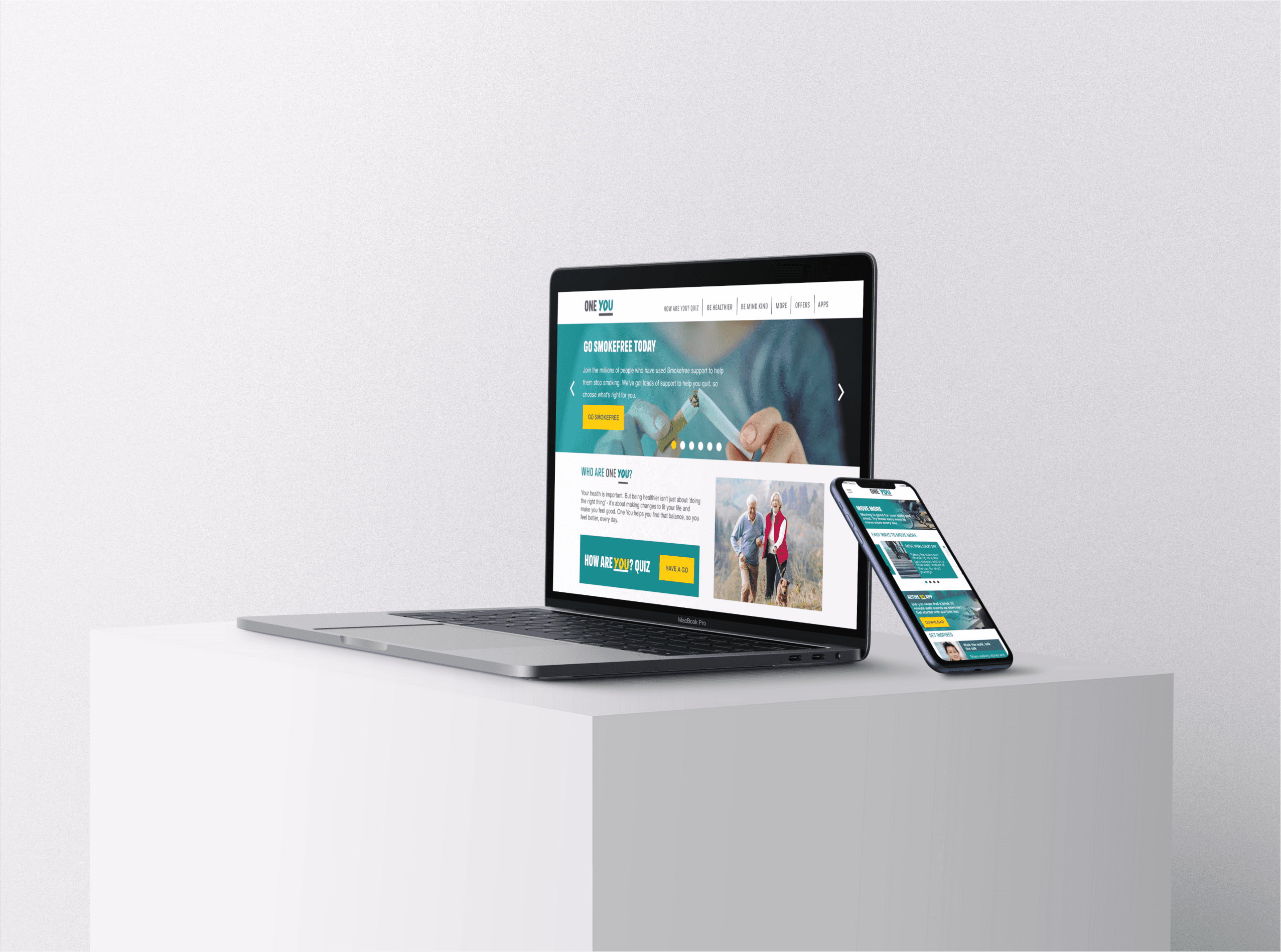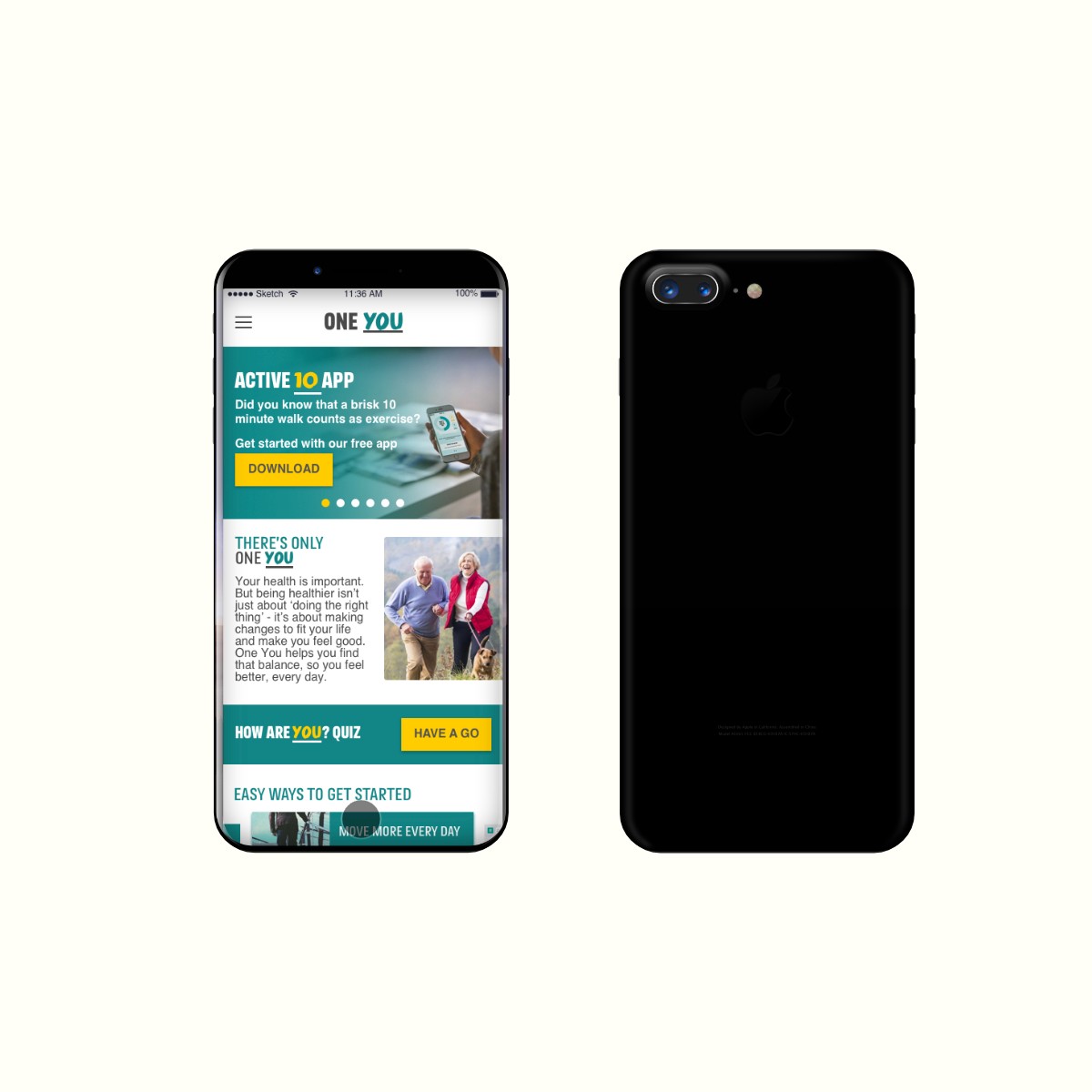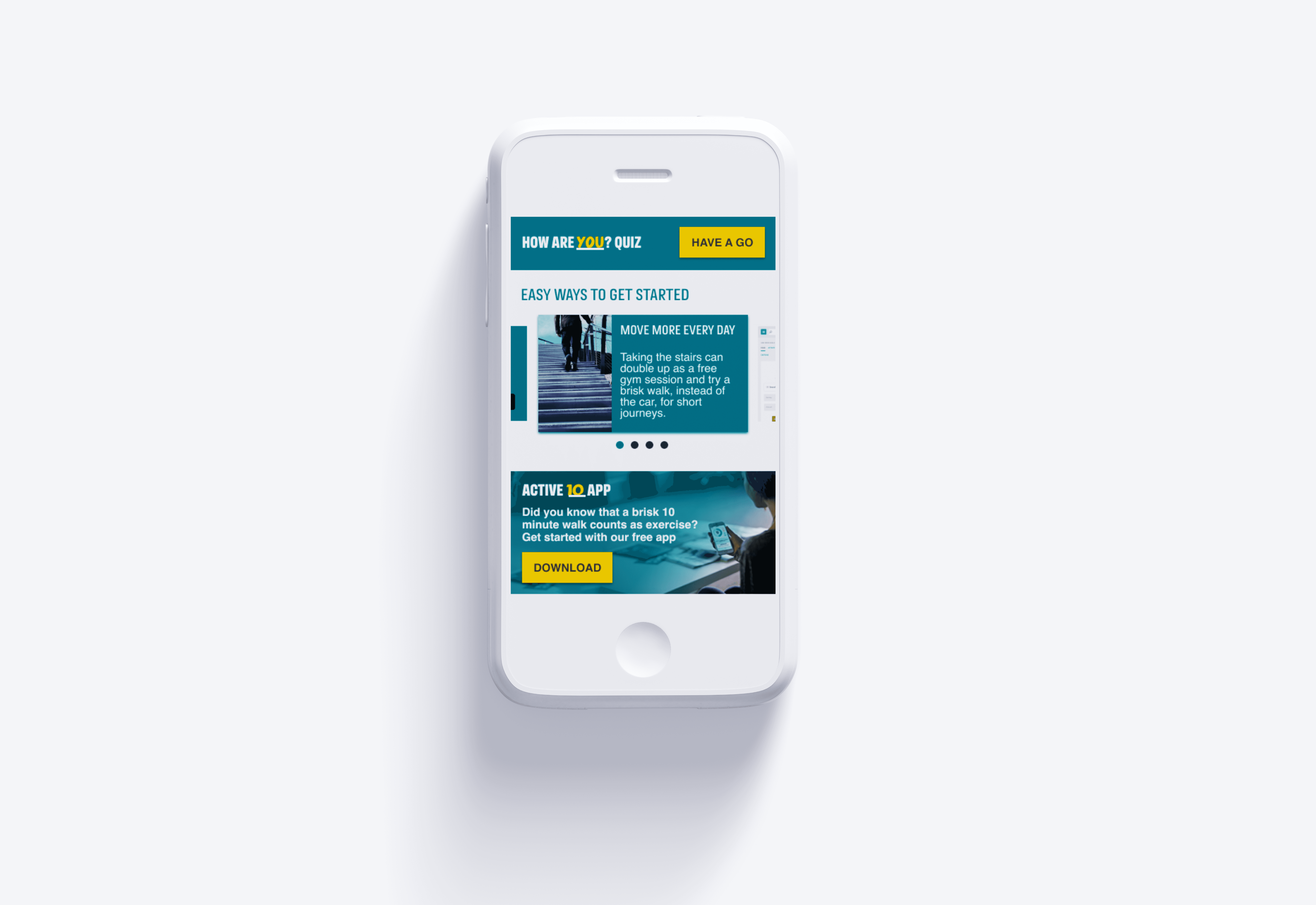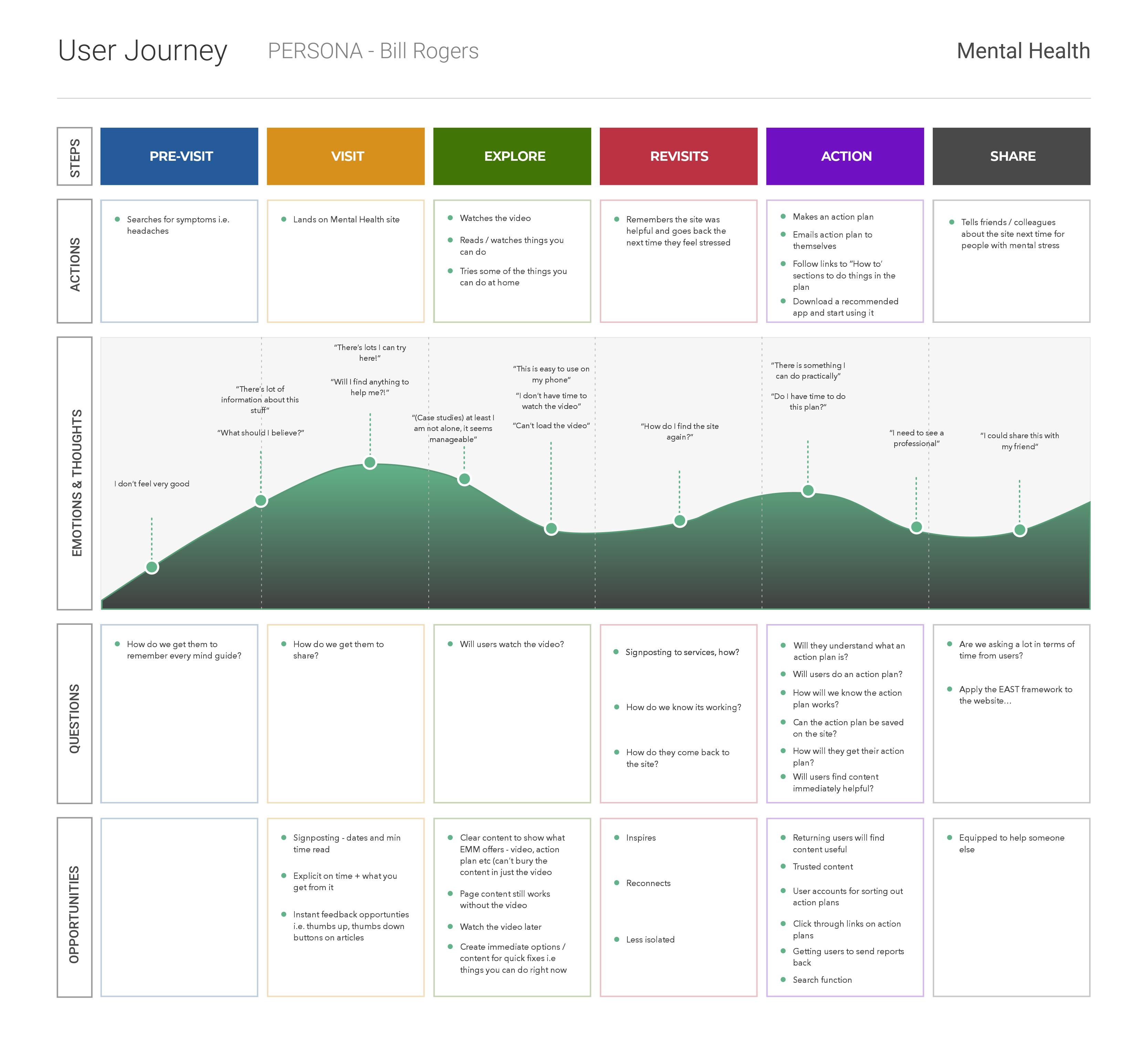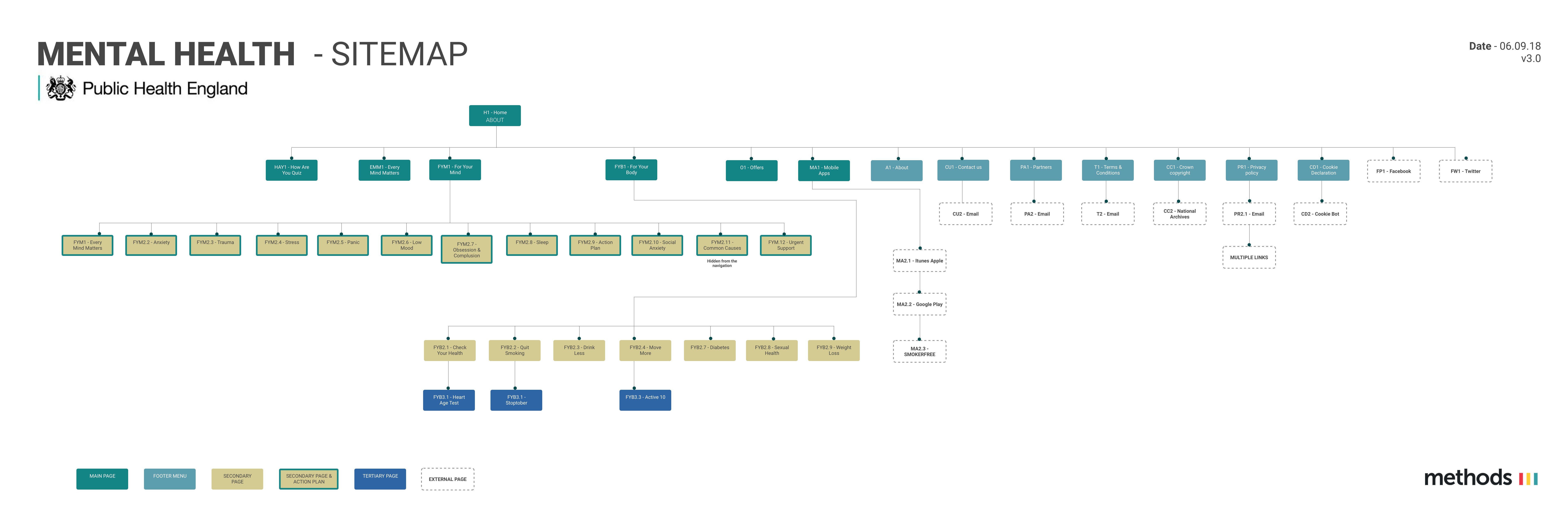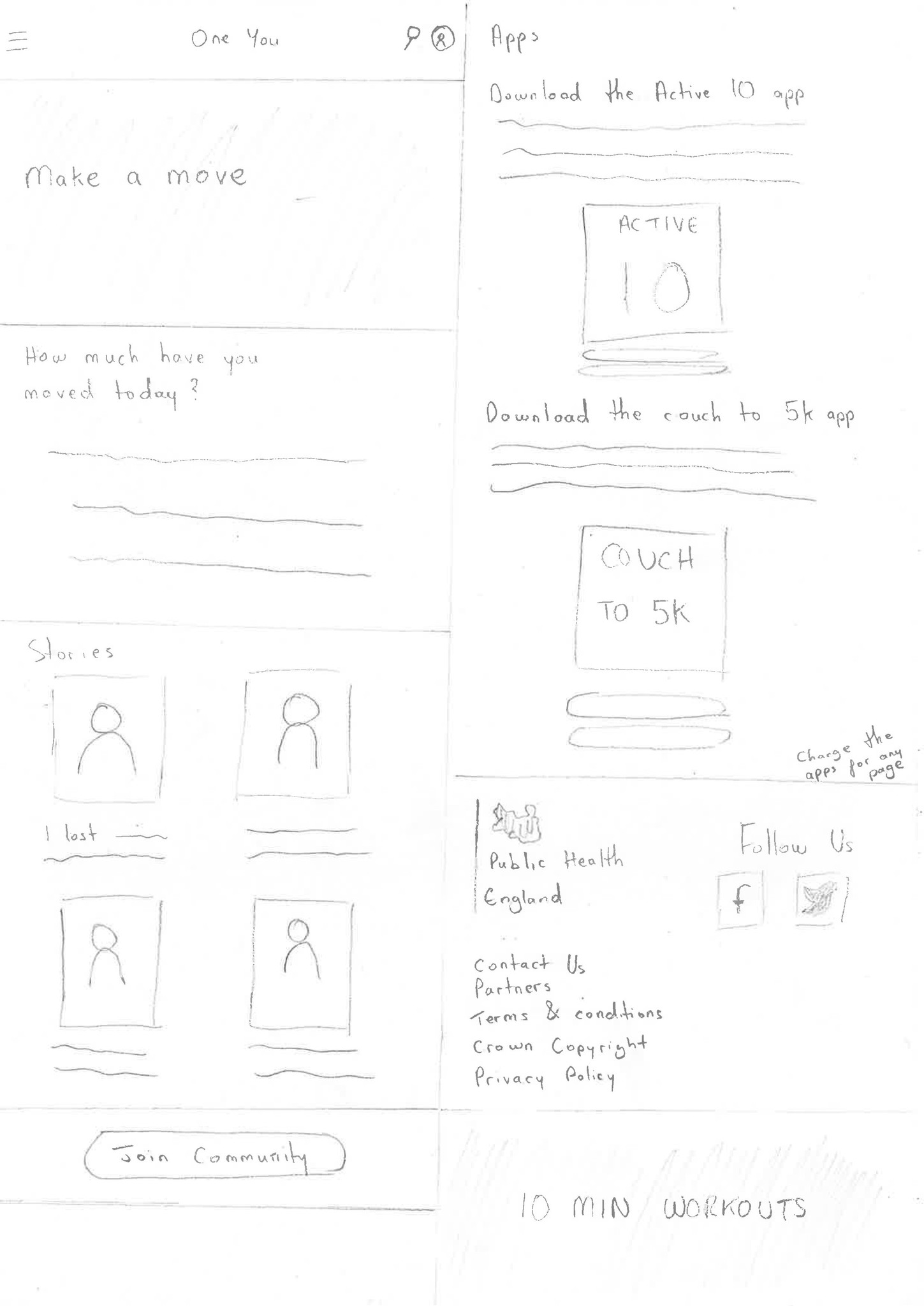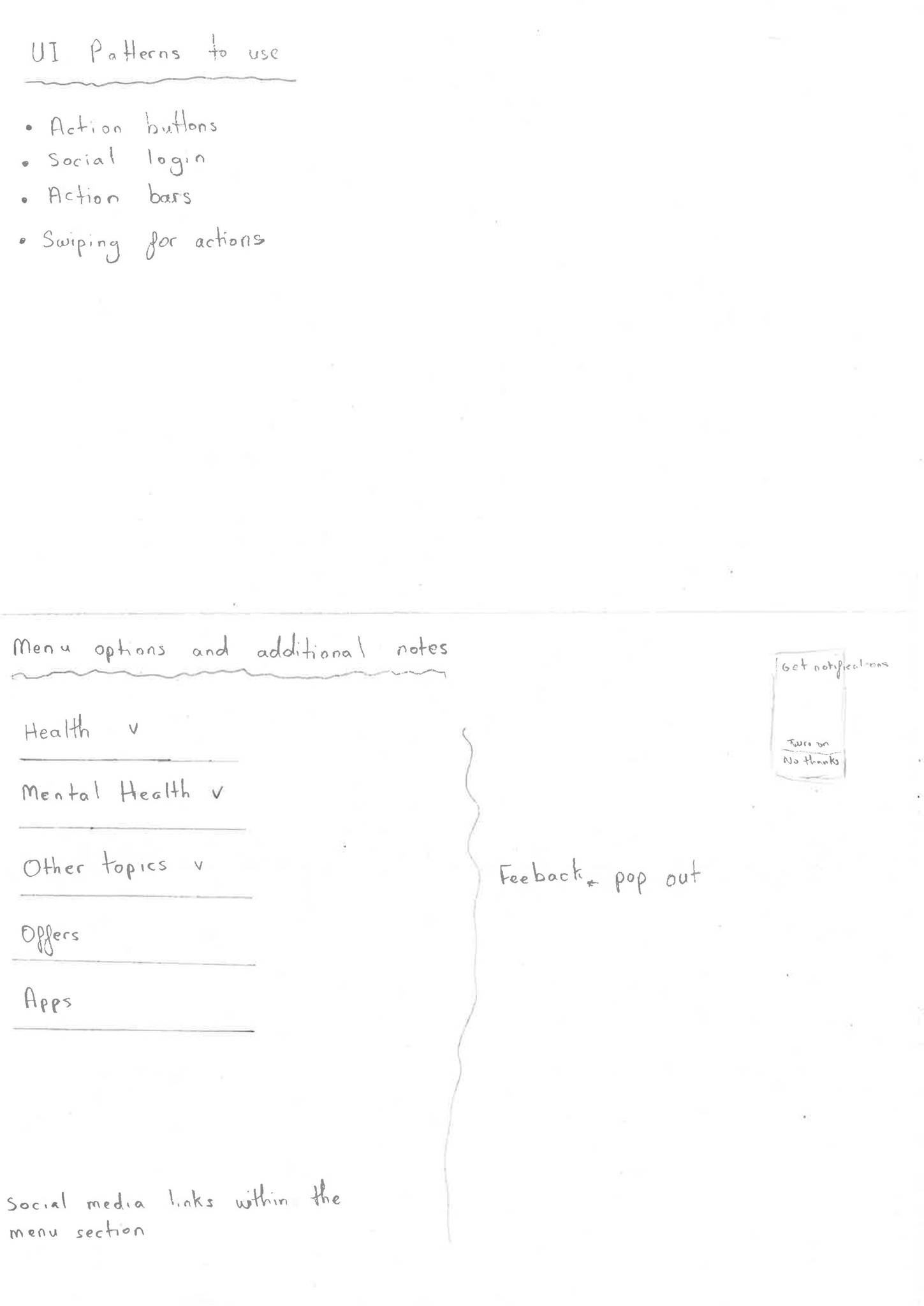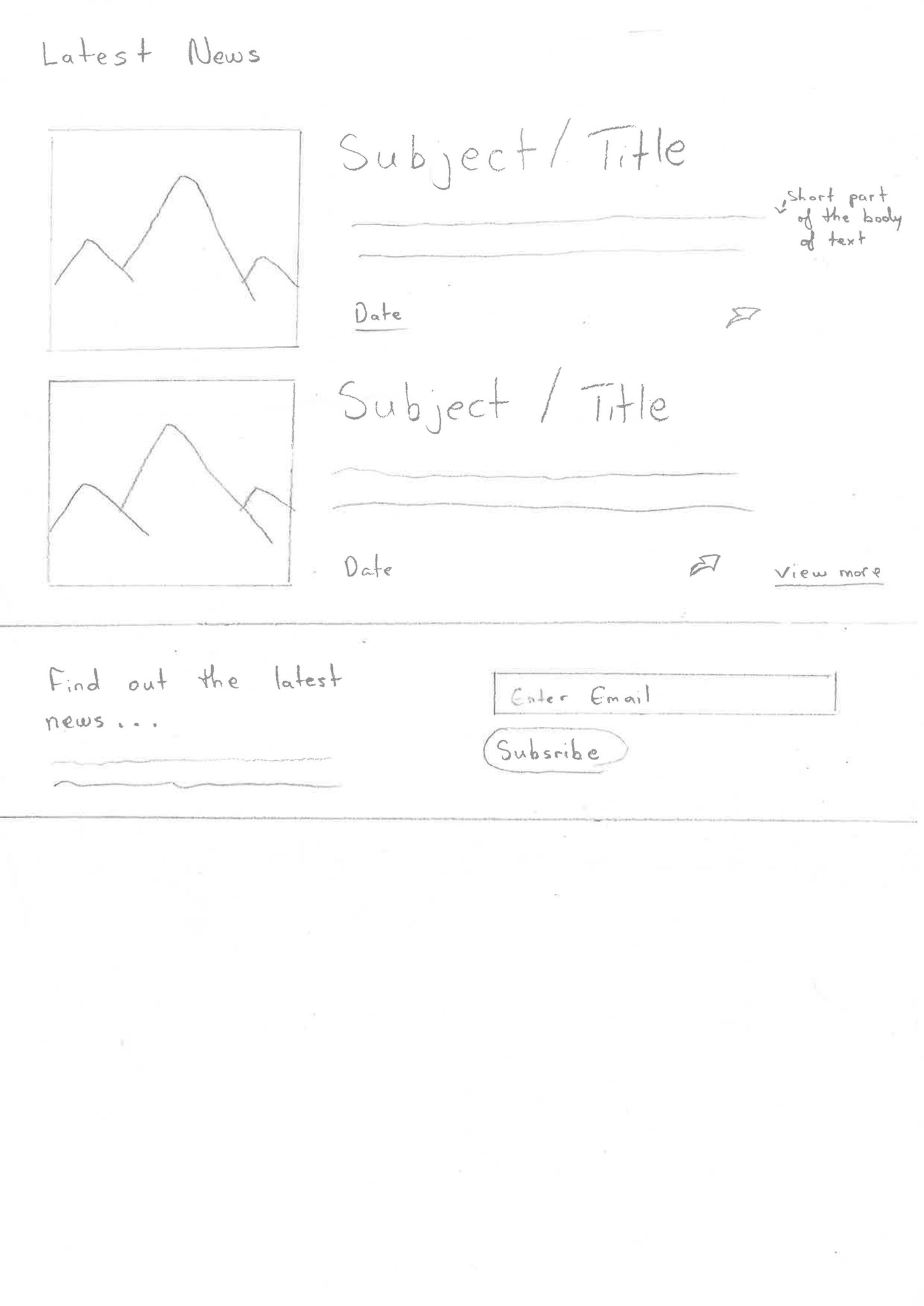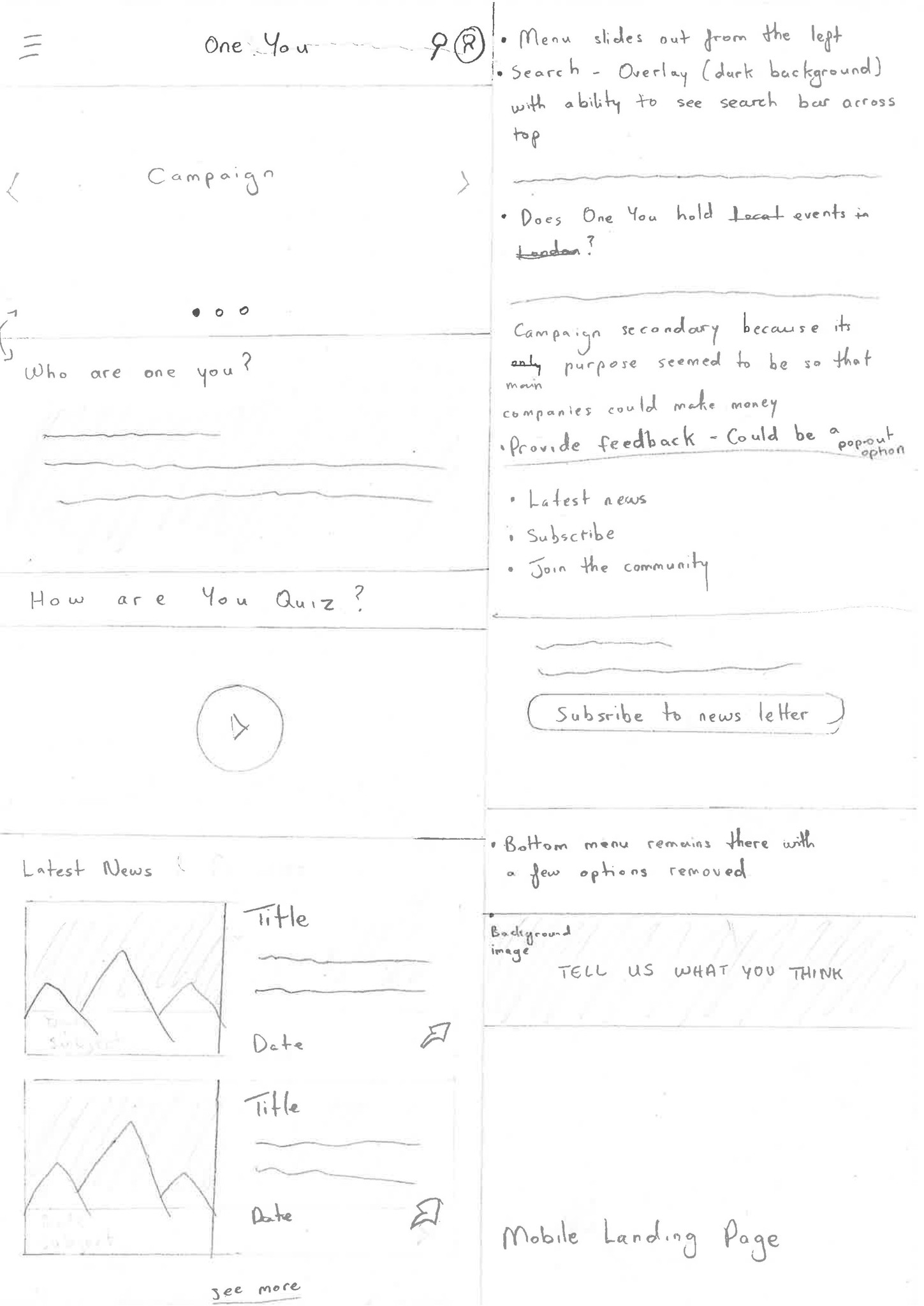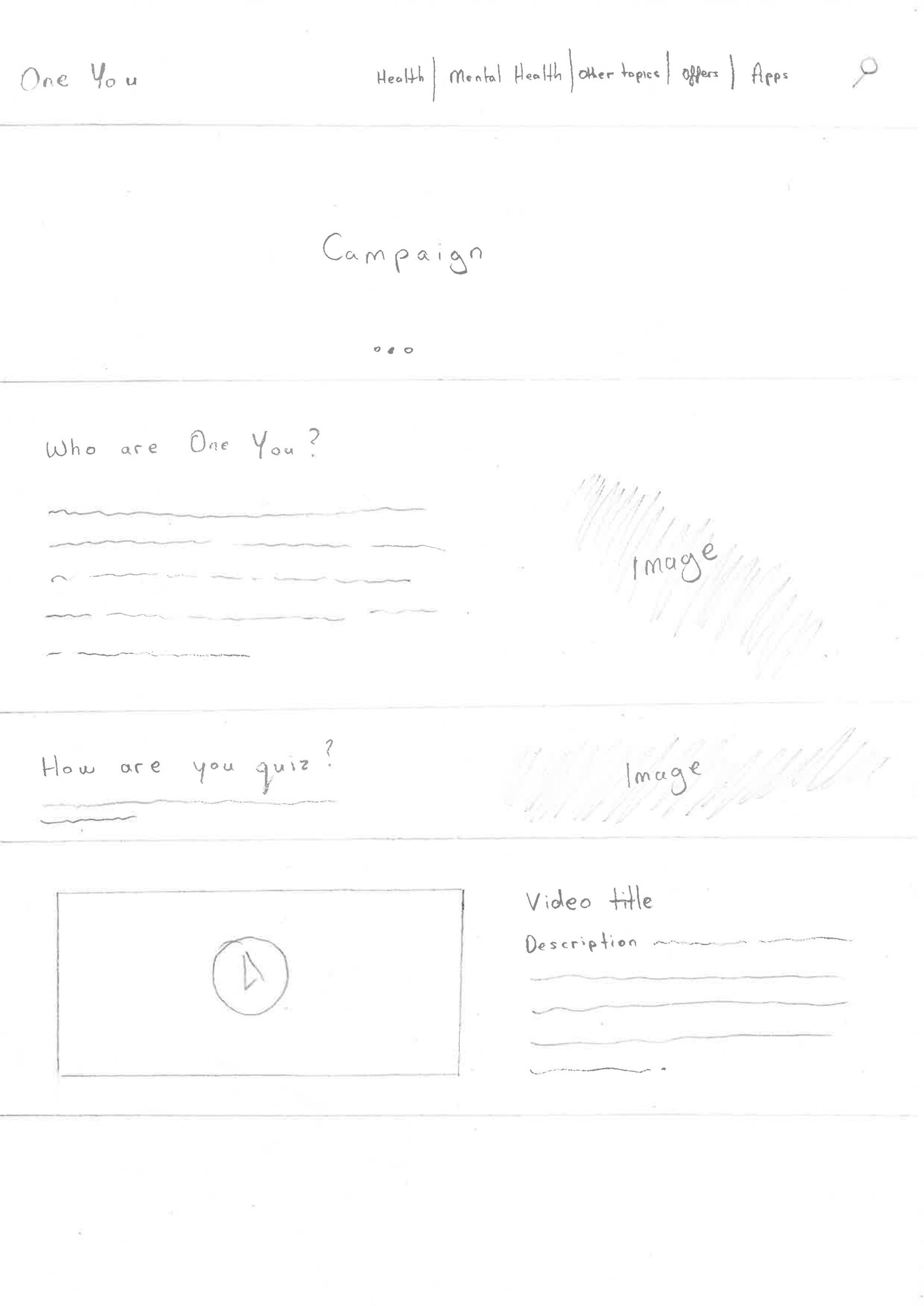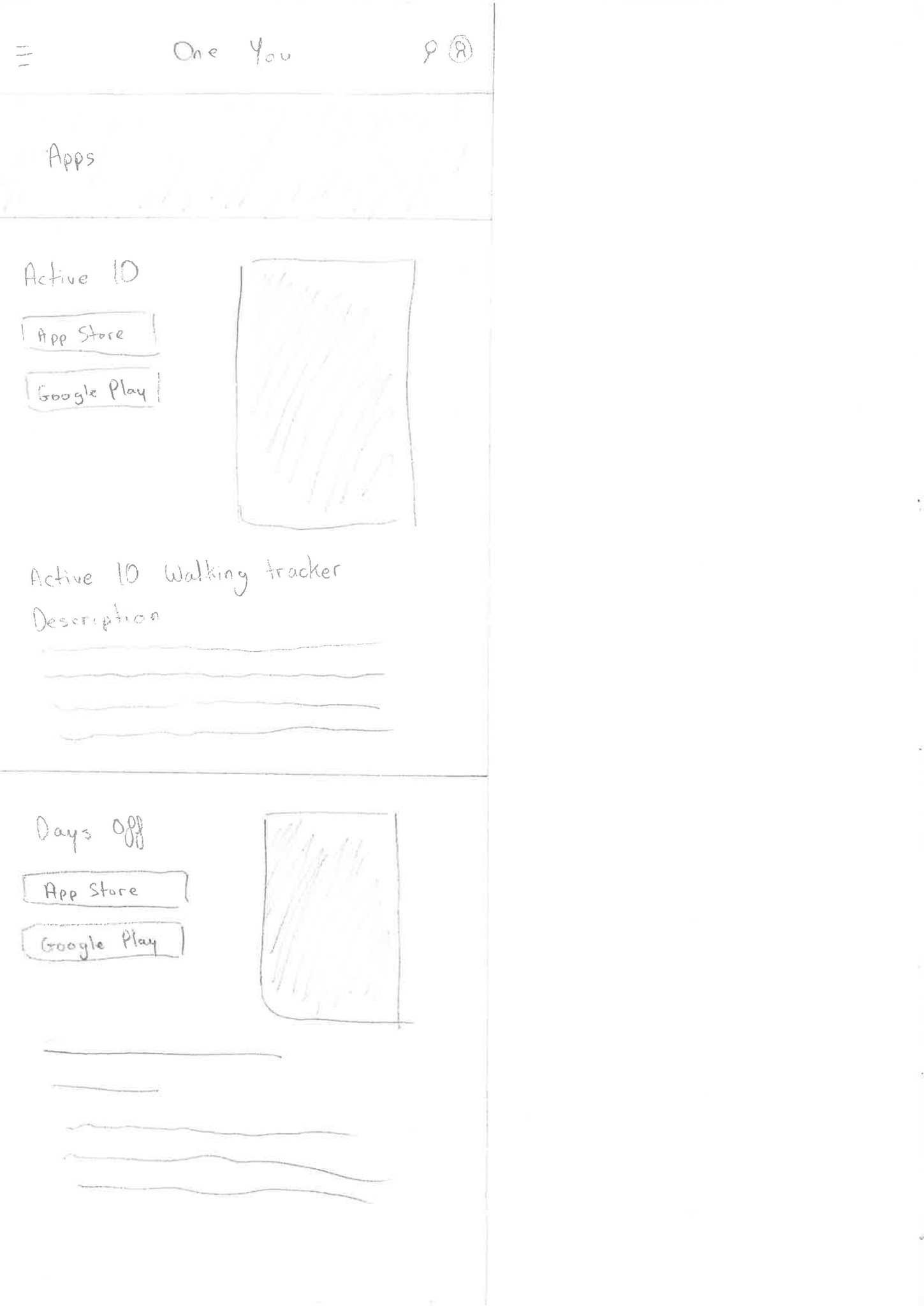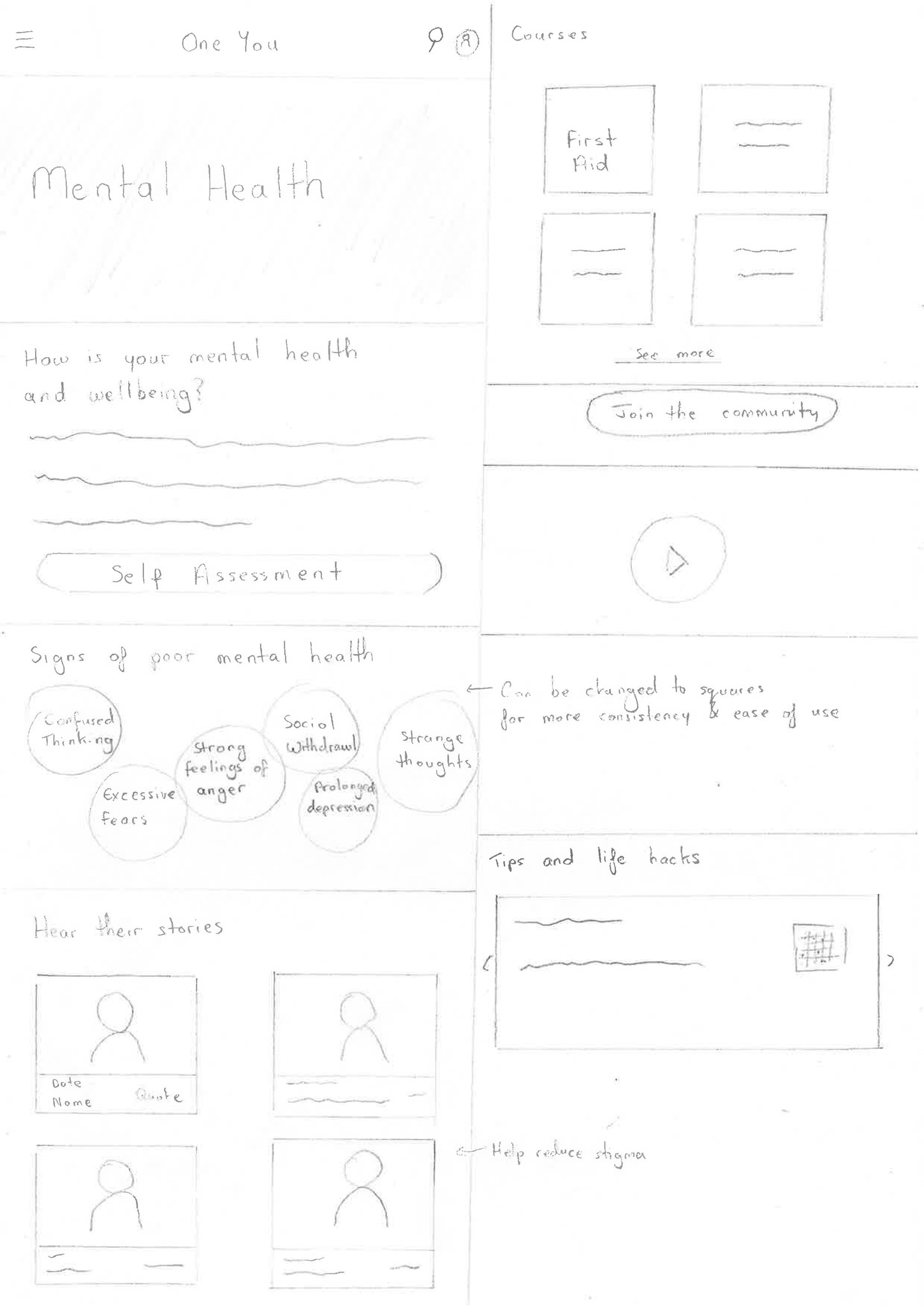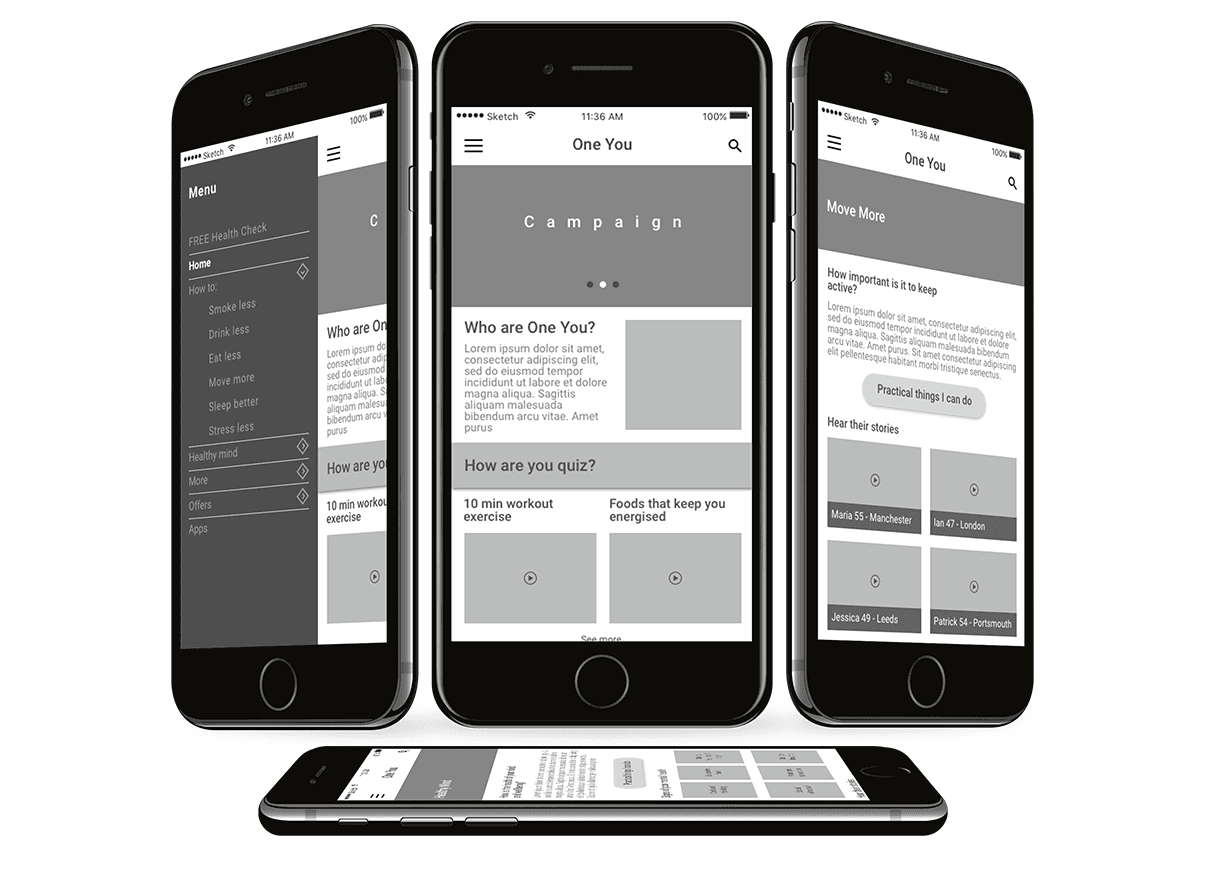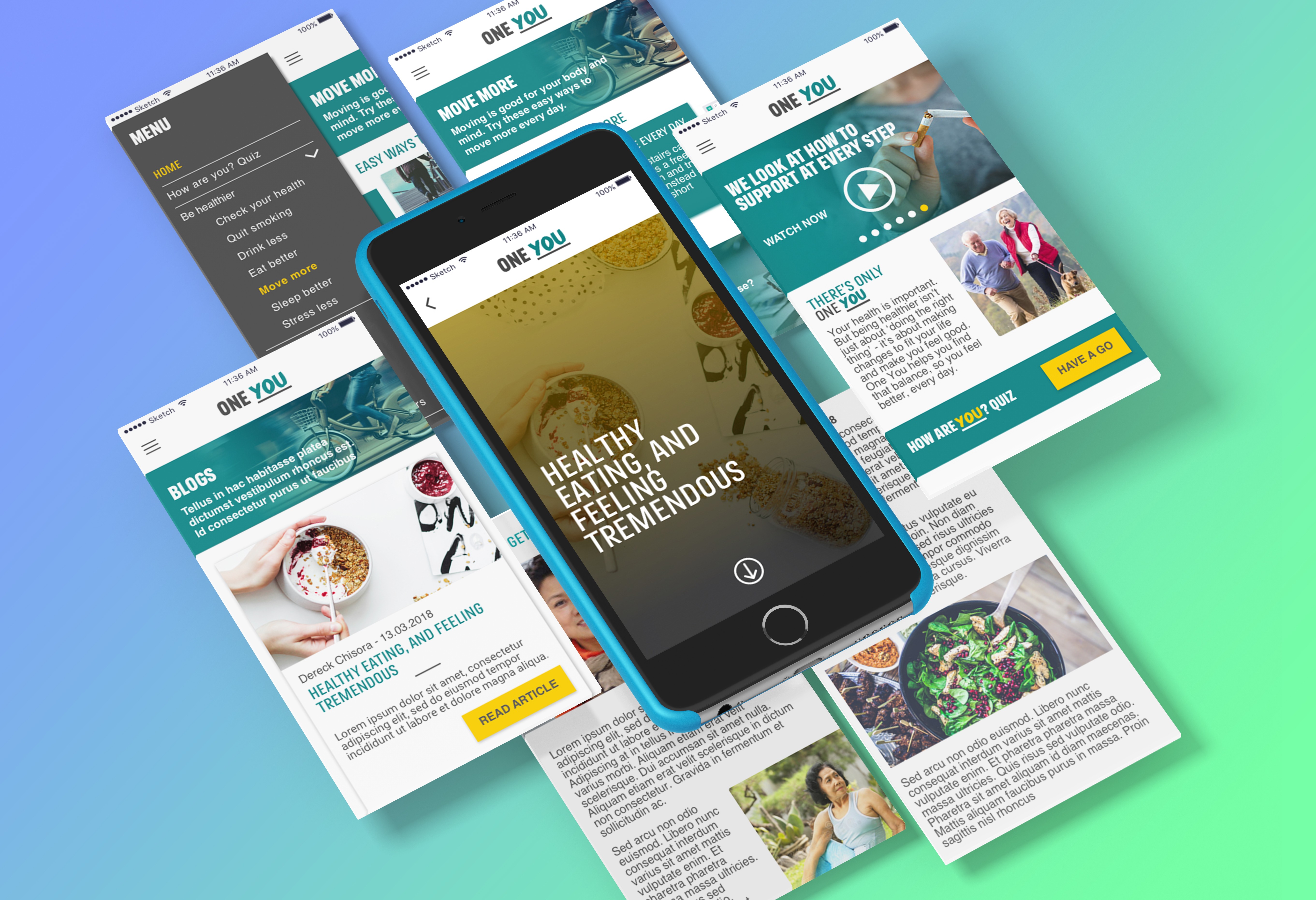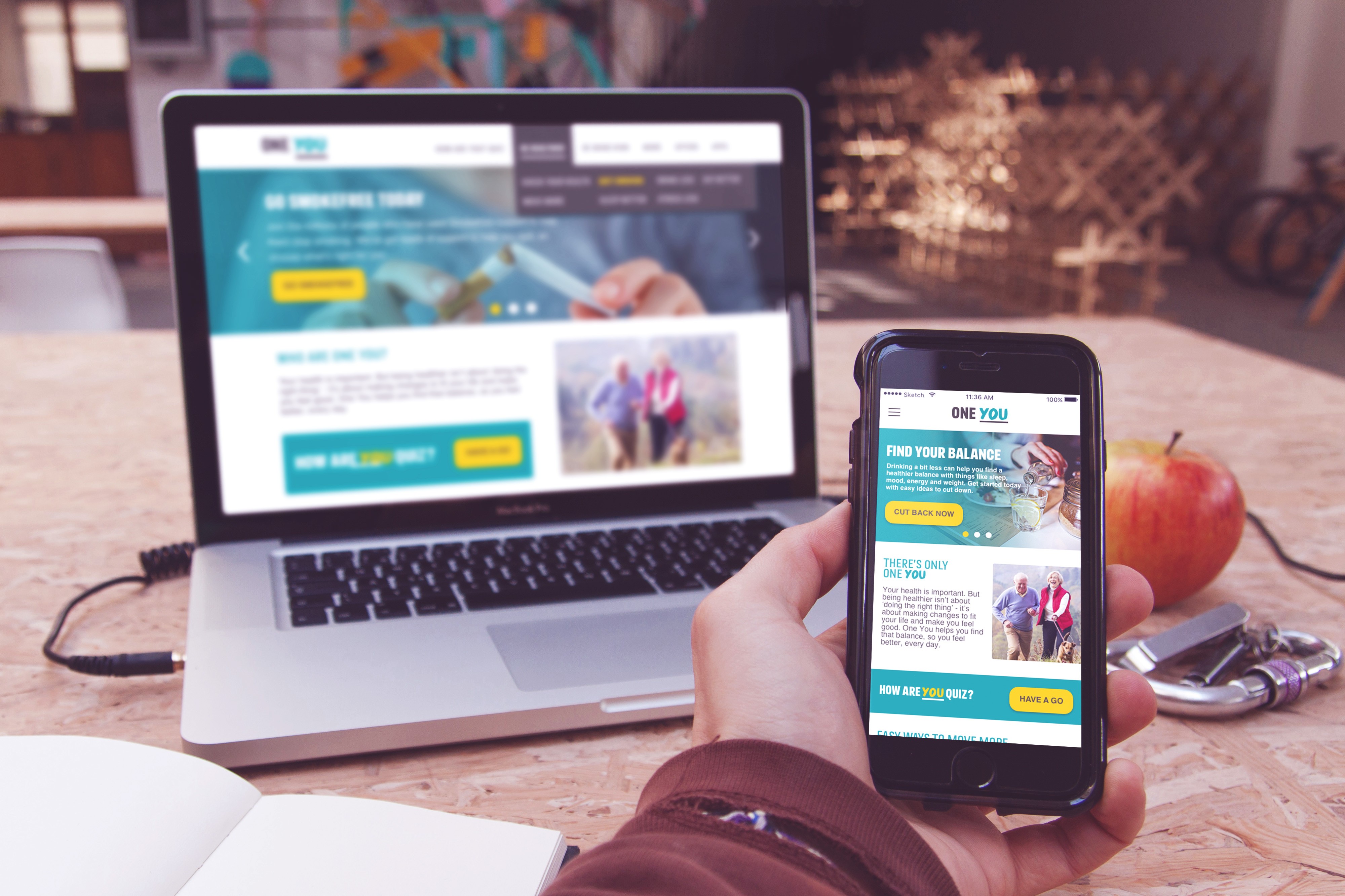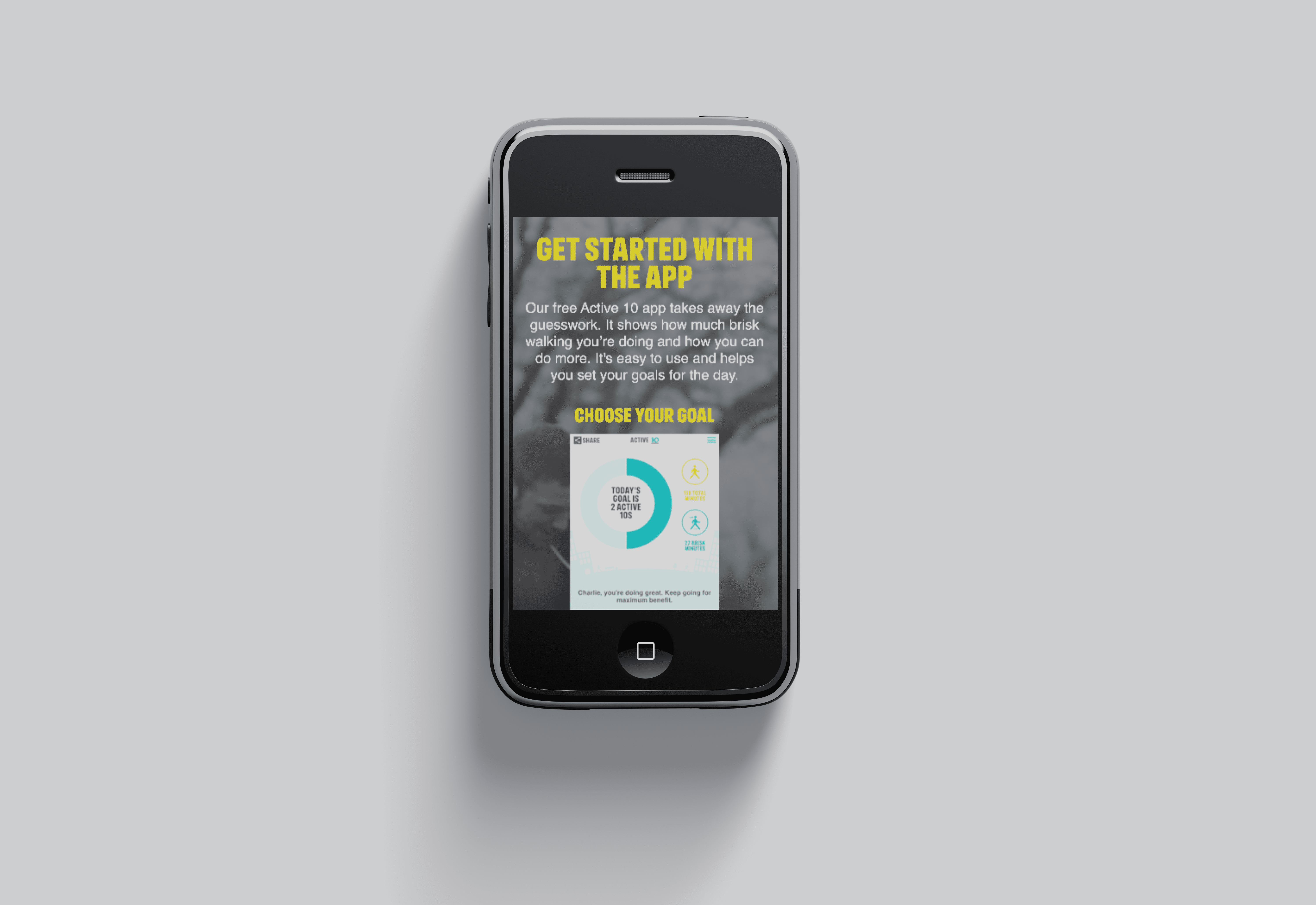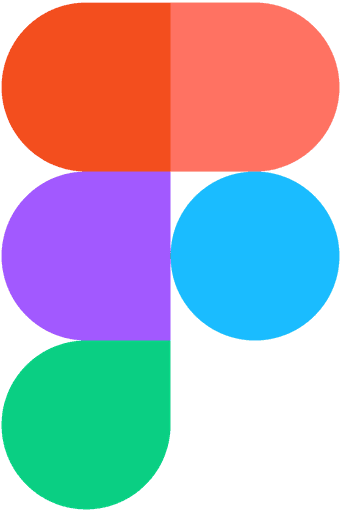One You and Every Mind Matters
The "One You" and "Every Mind Matters" projects aimed to create a mobile-centric web platform that supports mental and physical well-being. Working with Public Health England (PHE) and the NHS, the goal was to design a flexible digital tool that could adapt to evolving campaign needs.
Headquarters - London, England
Founded - PHE 2013 x NHS 1948
Industry - Public Healthcare
Revenue - PHE £4.5 billion (2019) & NHS £152 billion (2020)
Company size - PHE 5,500 & NHS 1.3 million+
Team
Challenge
Low engagement with the platform across key user journeys
Lack of standout features to capture or retain user interest
Navigation issues causing friction and user drop-off
Stressful user context (mental health) not supported by current design
Limited insights on how users were interacting with existing content
Client assumptions needed validation through real user data
Desk Research
I reviewed NHS and Public Health England data to uncover what actually matters to users.
What stood out:
• Users ignored medical-heavy content unless it was broken down into quick, practical advice.
• Uplifting, clear messaging drove the most engagement and action.
Result:
Set the tone for content strategy—focus on usefulness first, keep it emotionally light but encouraging.
User Interviews
Conducted fieldwork with a User Research Manager to validate client research and uncover user challenges. Below are a few examples of the questions that were asked, alongside the responses.
User Journey & Site Map
I facilitated workshops to map pain points, explore opportunities, and align future development with user needs.
These visuals show the outcome:
• A journey map surfacing user frustrations, emotions, and key opportunities.
• A sitemap redesigned around clearer navigation and content discoverability.
Both fed directly into our strategy for improving engagement and relevance across the platform.
Sketches
Used iterative sketching to reconcile user needs, organisational policies, and content mandates. This process ensured a functional, user-friendly design aligned with personas, journey maps, and policy directives, validated through testing and evaluations.
Style guide
Lo-fidelity wireframes to high-fidelity prototypes
Balanced user needs, client demands, and strict government style guidelines to deliver an engaging, intuitive platform.
Summary
Designed within a limited two-colour palette using principles of colour psychology and visual hierarchy to enhance usability and engagement.
Adopted an agile, iterative process with regular development updates and robust user testing to refine the design.
Delivered a final platform that adhered to guidelines while exceeding user and client expectations, showcasing creative problem-solving and adherence to UX best practices.
Results
The project successfully delivered a platform that met and often exceeded user expectations. The design was aesthetically pleasing, complied with policy requirements, and offered an optimized user experience, demonstrating adaptability to future changes and campaign requirements.
80%
User Satisfaction
85%
Task Completion Rate
15,000
Adoption Rate - First quarter
“Ryan is a fantastic addition to any team. I was constantly impressed with his ability to bring insight and creative energy to one of the biggest digital products PHE has launched in many years; Every Mind Matters, our flagship Mental Health product. Ryan consistently showcases talent and expertise for user-centred design. He backs himself to ensure the product is designed to ensure the best possible user experience, an asset to any project. ”

Becki Lake
Senior Product Manager | Public Health England
Conclusion
This project highlighted the importance of balancing user needs with organisational constraints. The outcome was a robust, user-centred digital tool that supports the ongoing efforts of PHE and the NHS in promoting mental and physical health.
